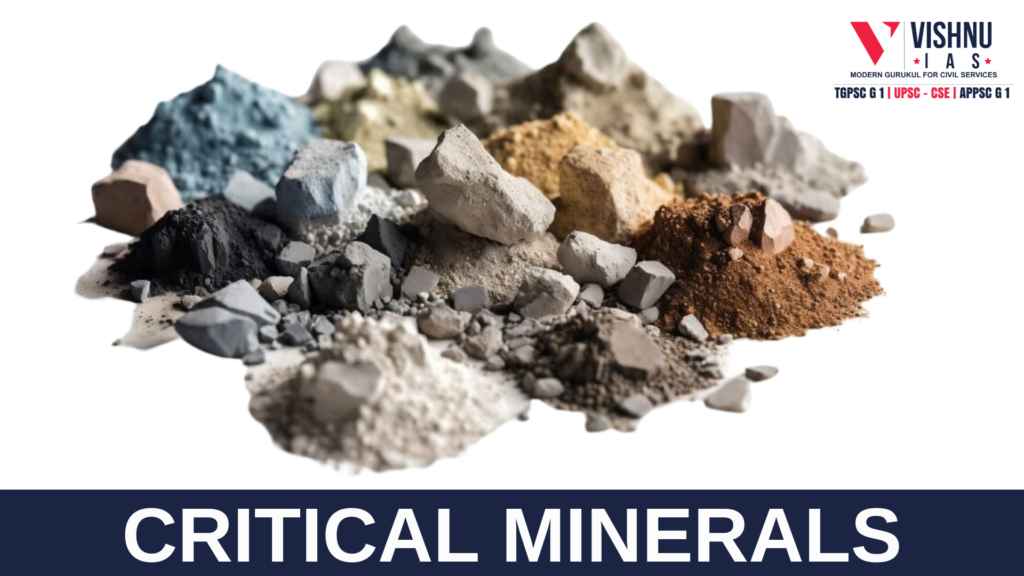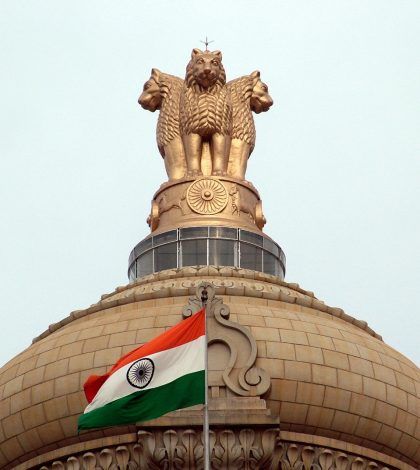- Definition: Critical minerals are essential for modern societies and economies but face supply risks due to scarcity or geopolitical issues.
- Importance: Used in high-tech products, renewable energy, defence, and more.
- Global Production: Concentrated in specific regions like the Democratic Republic of Congo (cobalt) and China (rare earths).
- India’s Reserves: India holds significant reserves of critical minerals.
- Risk Factors: Geological scarcity, import dependence, and substitutability.
- Supply Chain Vulnerabilities: Dependency on a few countries poses geopolitical risks.
- Strategic Importance: Crucial for economic development and national security.
- 30 Critical Minerals: India strategically identified 30 critical minerals, including lithium, cobalt, nickel, and graphite.
- Mineral Security: Exploration, extraction, and management are vital for India’s interests.
- Security Concerns: Nations seek to secure their supply through strategic partnerships and mining projects.
- Environmental Impact: Mining and processing can have significant environmental consequences.
- Technological Advances: Research focuses on recycling and alternative sources to reduce dependency.
- Government Initiatives: Policies to promote domestic production and secure supply chains.
- International Cooperation: Efforts to address global supply and demand dynamics through agreements and alliances.
- Way Forward: Prioritize sustainable mining and diversify sources.


